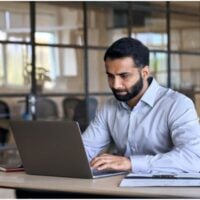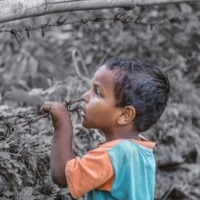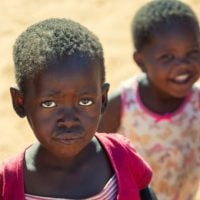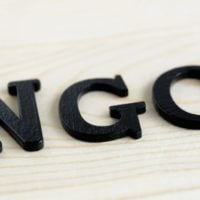Deadline: 08-Aug-2025
The United Nations International Children’s Emergency Fund (UNICEF) has launched a call for proposals focused on building self-reliance among community health workers (CHWs) to ensure sustainable community health and nutrition services in Liberia. This initiative seeks to design and implement community-based, self-reliant business models that empower CHWs—especially young women—to deliver integrated health and nutrition services while strengthening their own economic resilience.
The partnership promotes a rights-based, gender-responsive, and inclusive approach. It aims to support innovative income-generating interventions linked to CHWs’ health and nutrition work, enhance their technical, financial, and entrepreneurial skills—including for those with disabilities—and improve accountability mechanisms through collaborations with female-led civil society and community-based organizations, health committees, and inclusive financial institutions.
The project focuses on the health sector and targets various regions across Liberia, including Grand Cape Mount, Bong, Nimba, Sinoe, Lofa, Grand Gedeh, Grand Kru, River Gee, Bomi, Gbarpolu, Grand Bassa, and River Cess.
Expected results include conducting a landscape analysis to map existing and potential small-scale, self-funded businesses relevant to CHWs. It also includes creating and distributing gender-responsive business tools, financial literacy materials, career guidance, and digital tools to support entrepreneurship.
The program aims to train 10,000 CHWs in financial literacy and business skills, with 5,000 eligible CHWs receiving one-time micro-grants or health-related commodities to launch small businesses. All participating CHWs will be mentored by approved female-led organizations on financial planning, savings, credit management, and bank account registration. Partnerships will be established with inclusive financial institutions offering tailored savings and credit products.
Community Health Committees will be engaged and trained to support CHWs, encourage social accountability, and challenge harmful norms that affect women and young workers in the health sector. Support will also be extended to the Ministry of Health and relevant bodies to integrate economic empowerment models into CHW sustainability strategies and national policies.
Selection will be based on criteria such as access and security considerations, clarity of proposed activities, contribution of resources, local presence, cost-effectiveness, experience with the UN, innovative methods, and realistic planning and timelines.
For more information, visit UN Partner Portal.









































